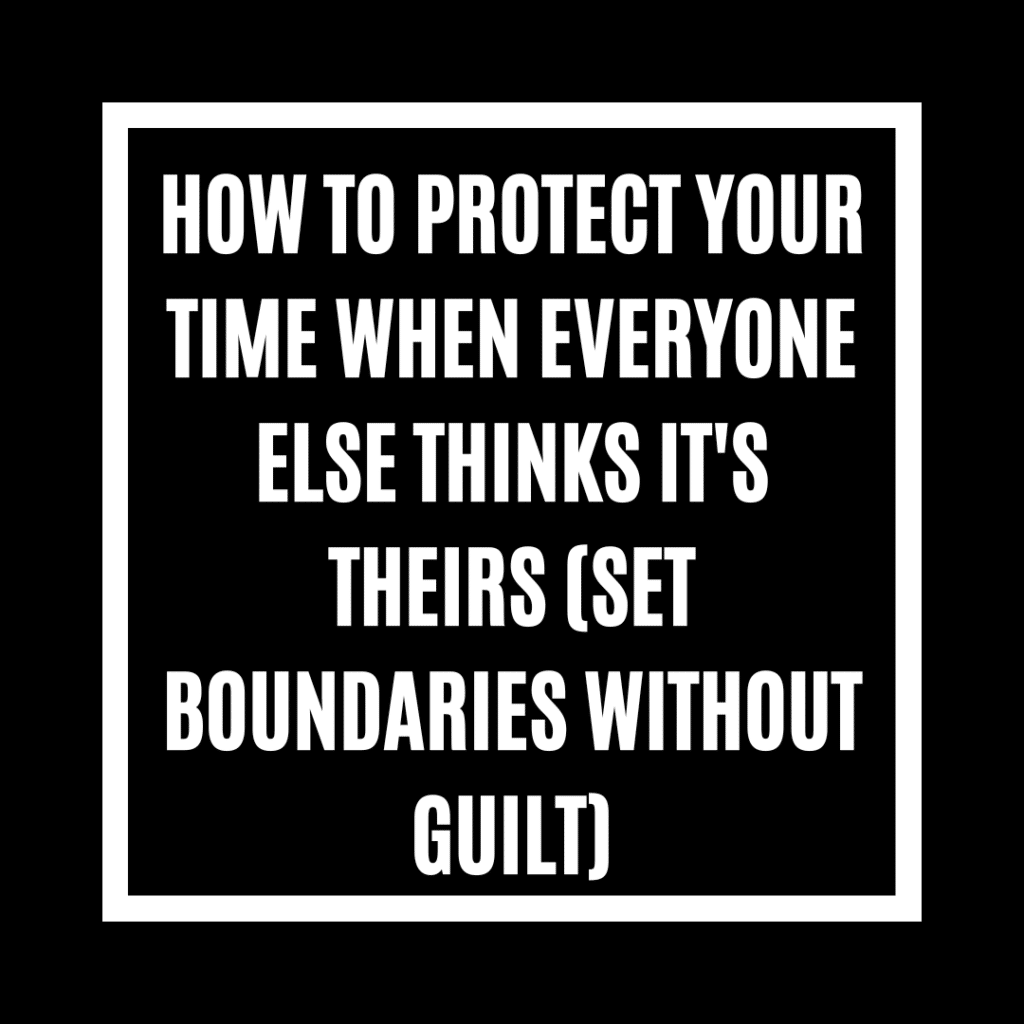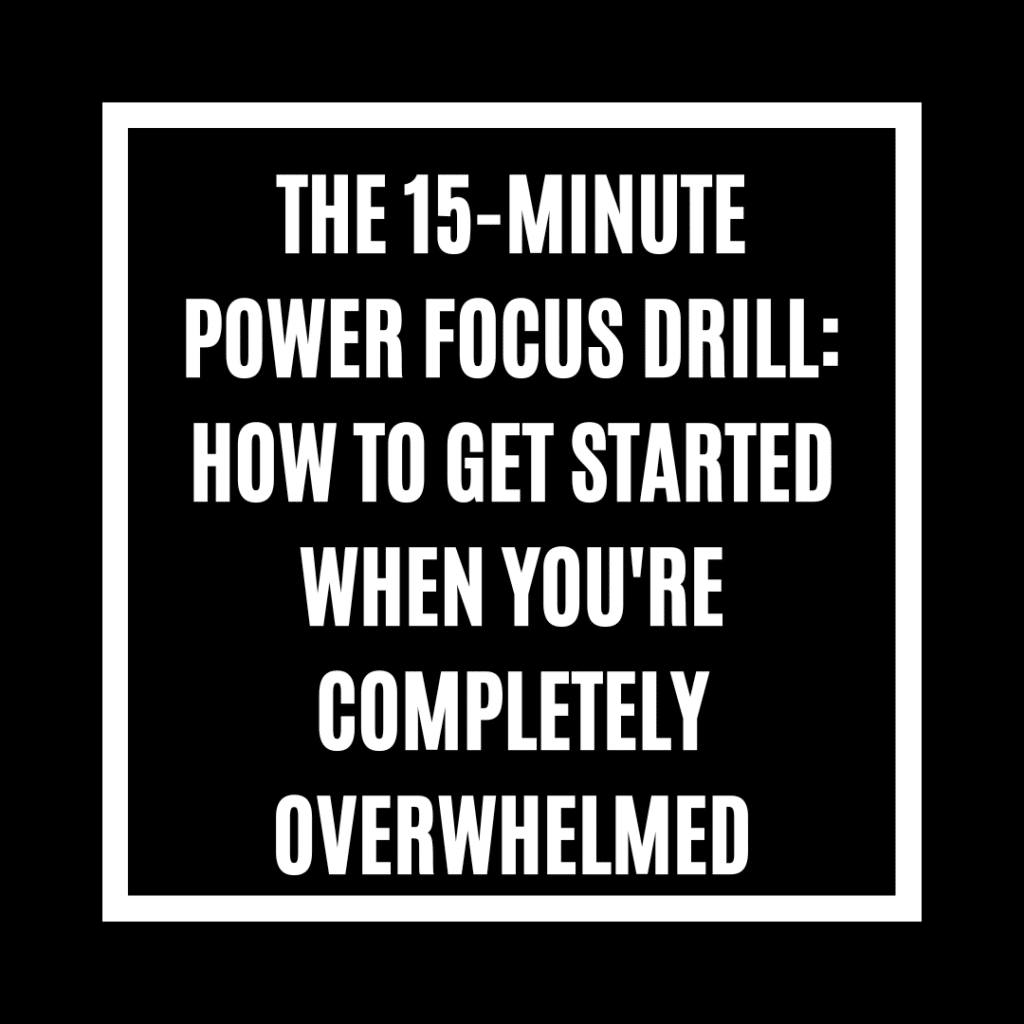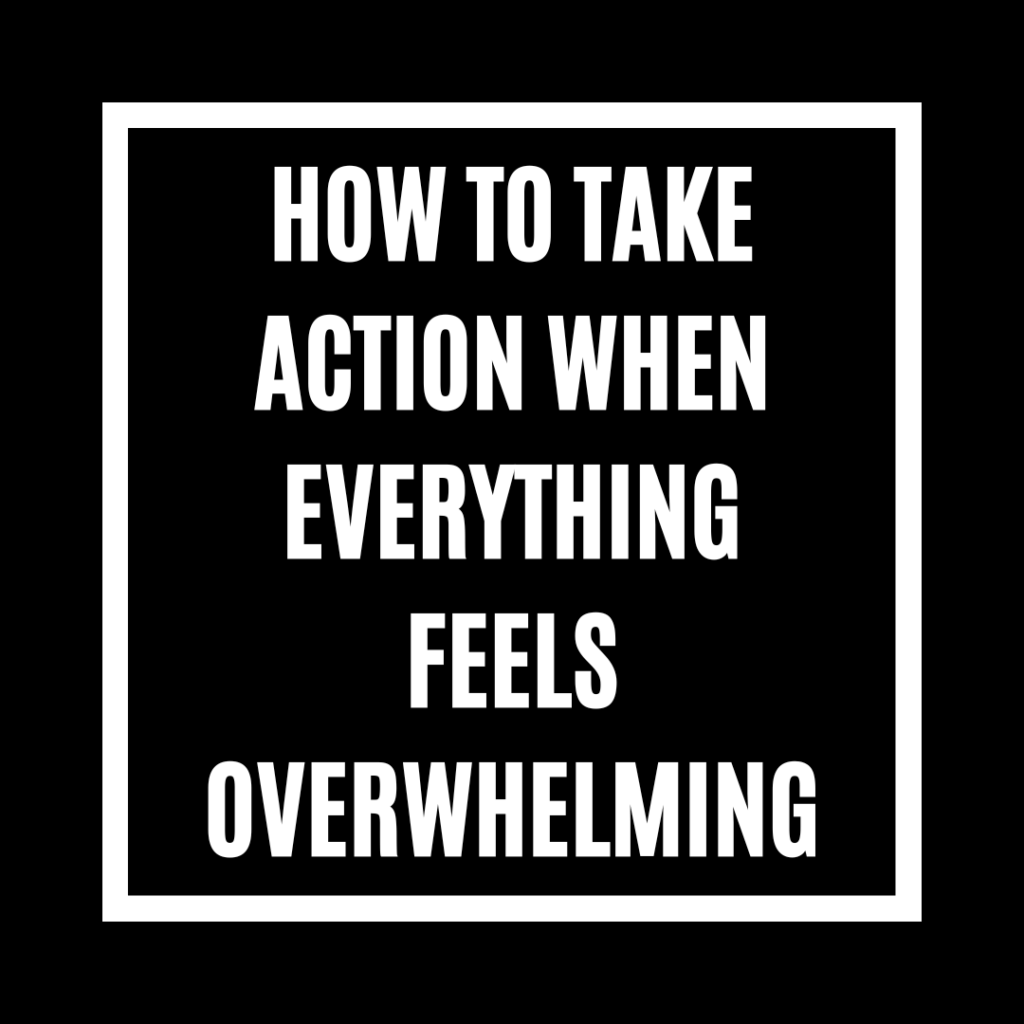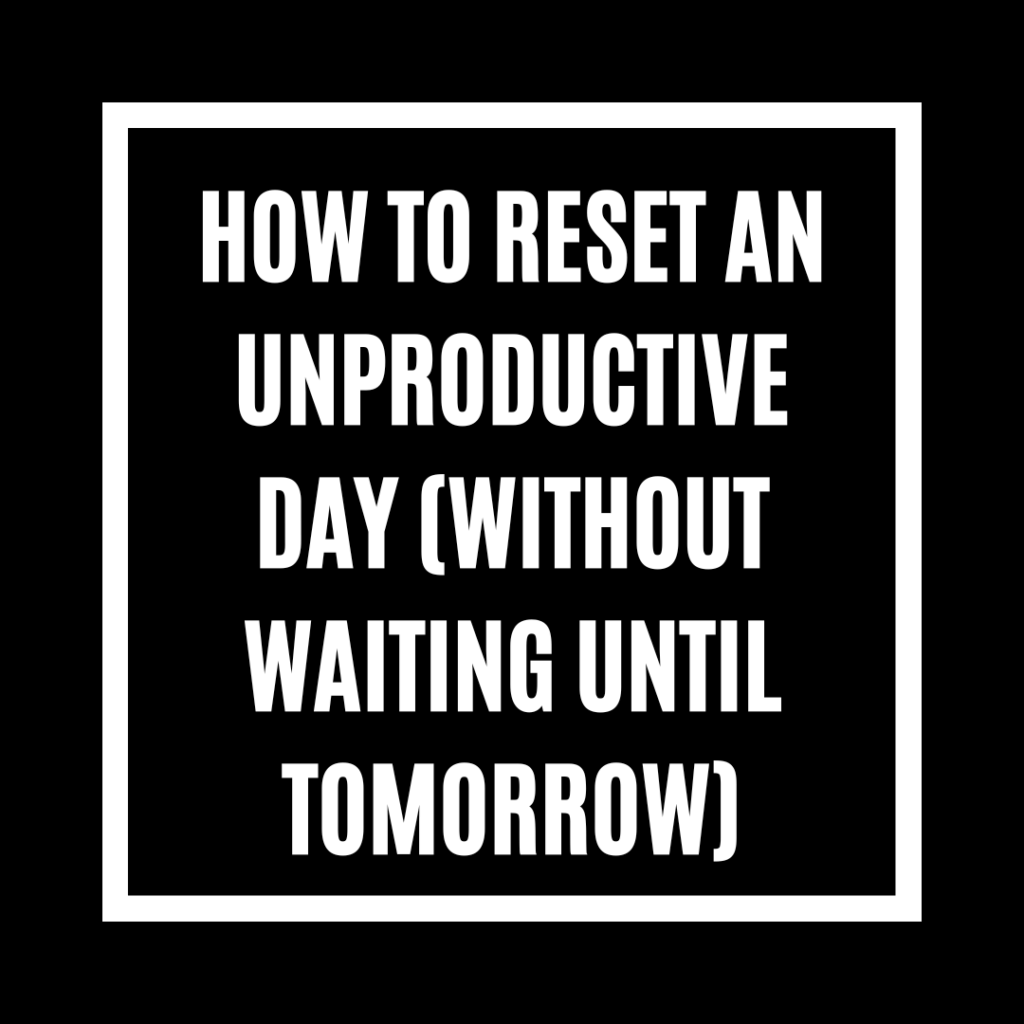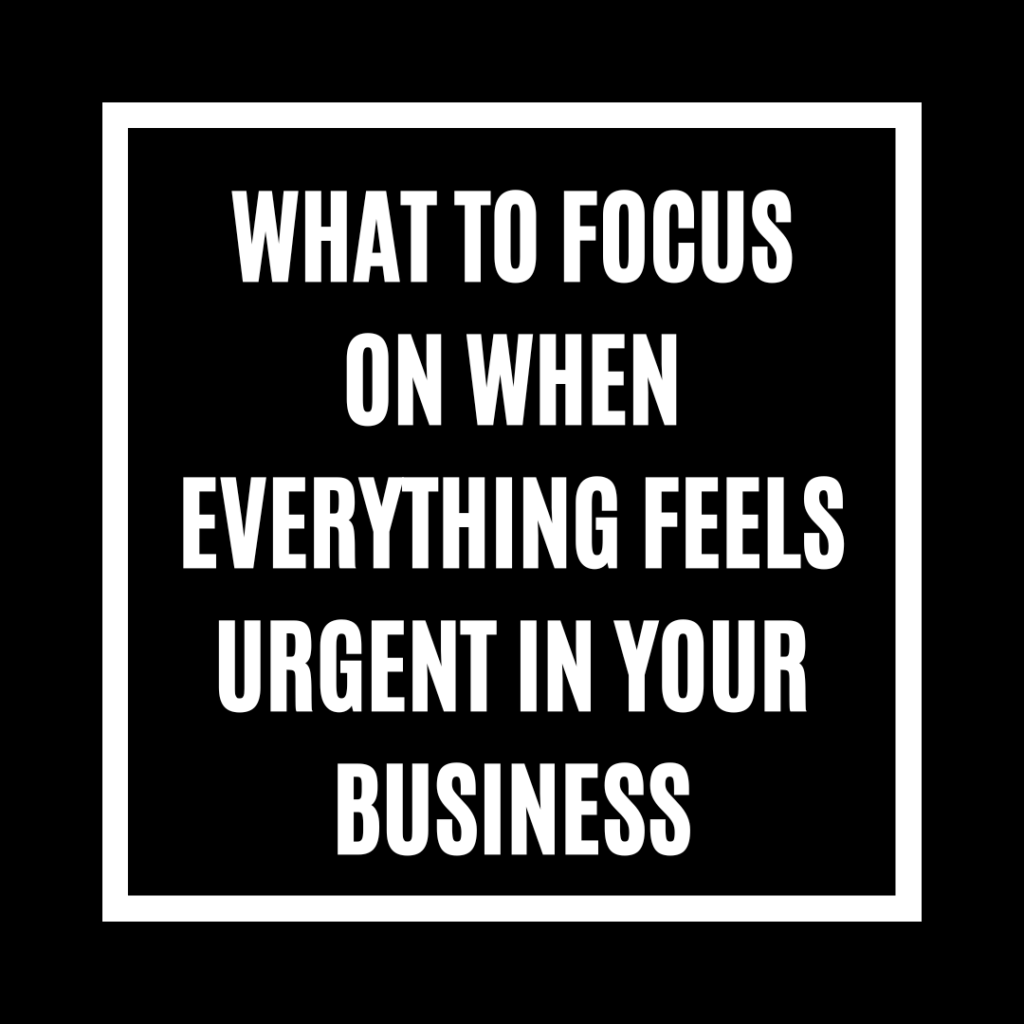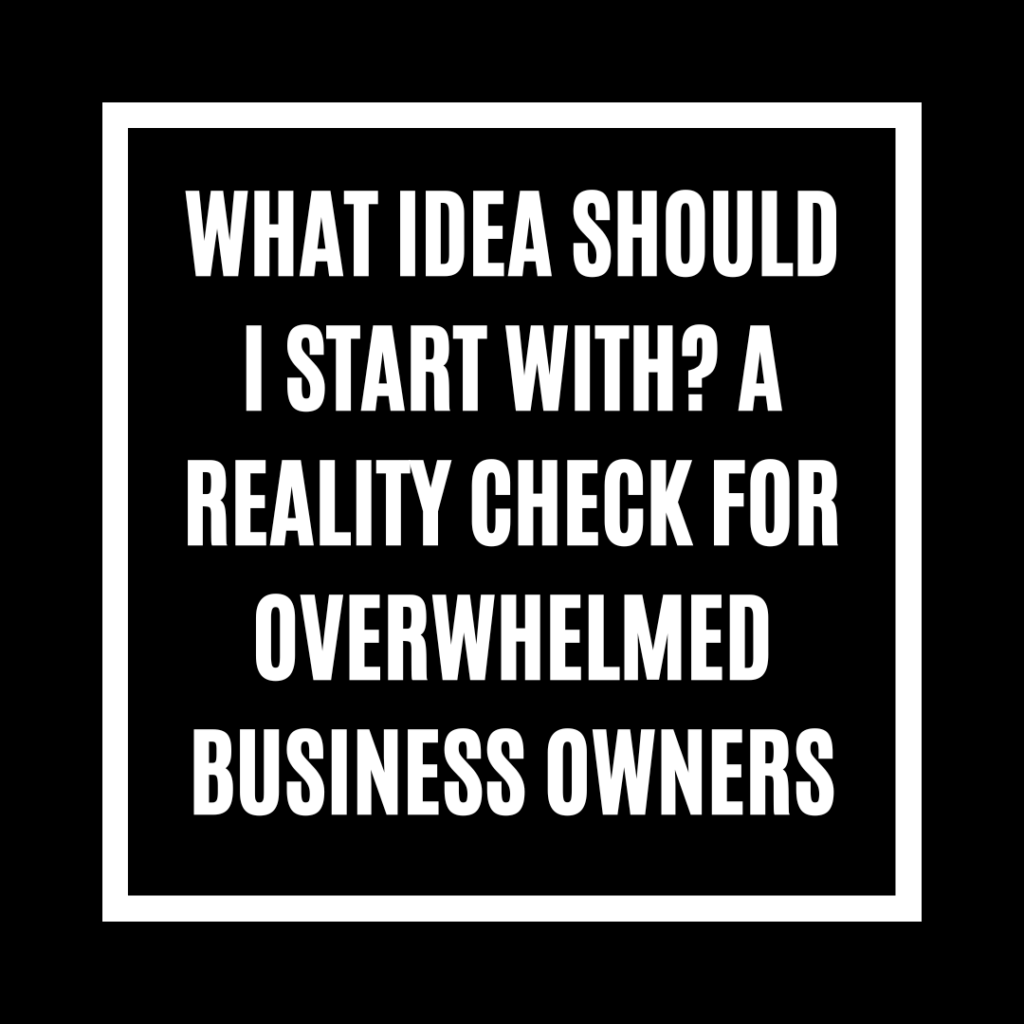Brain Fatigue Is Real: How to Recognize and Recover from Mental Exhaustion
You know that feeling when you’ve gotten plenty of sleep, maybe even squeezed in a workout, but your brain just… won’t cooperate? You’re staring at your laptop, trying to draft a simple email, and it feels like you’re thinking through molasses. Welcome to brain fatigue and if you’re an entrepreneur, it’s probably way more familiar than you’d like to admit.
Here’s the thing nobody talks about: brain fatigue isn’t the same as being physically tired. Your body might have energy to spare, but your mind is tapped out. And that’s completely normal when you’re running a business and making hundreds of decisions every single day.
What Is Brain Fatigue, Really?
Let’s get clear on what we’re actually dealing with. Brain fatigue (also called mental fatigue or cognitive fatigue) happens when your brain runs out of its daily energy reserves. Think of your cognitive capacity like a battery that charges overnight. Every decision you make, every problem you solve, every email you process—all of it drains that battery.
As entrepreneurs, we’re not just doing one type of thinking all day. We’re switching between creative work, analytical thinking, people management, strategic planning, and administrative tasks. Each switch costs cognitive energy. Add in the constant low-level stress of running a business, and it’s no wonder our brains hit empty before our bodies do.
The Warning Signs You’re Mentally Exhausted
Brain fatigue shows up in ways that are easy to miss or blame on other things. Here’s what to watch for:
Simple decisions feel impossible. That thing you normally decide in two minutes? Suddenly it’s taking twenty, and you still can’t commit to an answer.
You’re re-reading everything multiple times. You’ve read the same paragraph three times and still have no idea what it says.
Irritability over small things. Someone asks you a simple question and you snap, or tiny inconveniences feel like major catastrophes.
Increased distraction and procrastination. You’re reaching for your phone, scrolling mindlessly, or suddenly finding a dozen “urgent” tasks that aren’t actually important.
Physical symptoms that aren’t about your body. Tension headaches, difficulty concentrating, or feeling “foggy” even though you’re physically fine.
Sound familiar? That’s your brain telling you it needs rest—actual cognitive rest, not just physical rest.
Why Entrepreneurs Experience Brain Fatigue More Than Most People
If you’re thinking, “Why do I struggle with this so much?” you’re not alone. The women I work with in my membership, The Growth Collective, bring this up constantly. There’s a reason brain fatigue hits entrepreneurs especially hard:
Decision overload is real. You’re making countless decisions every day—from strategic business moves to what to post on Instagram to how to respond to that weird client email. Each one depletes your cognitive reserves.
You’re wearing all the hats. Most small business owners are the CEO, accountant, marketing director, customer service rep, and janitor all in one day. That constant context-switching is exhausting for your brain.
There’s no “off” switch. When you work for yourself, the boundaries between work and life blur. Your brain never fully disengages from business mode, even during supposed “rest” time.
The invisible labor is massive. Beyond the actual tasks, there’s all the mental work of planning, strategizing, remembering, and juggling priorities. That cognitive load adds up fast.
The Difference Between Rest Types (And Why It Matters)
Here’s where most people get it wrong: they think any kind of break will help brain fatigue. But there’s a huge difference between physical rest and cognitive rest.
Physical rest is lying on the couch, taking a nap, or just sitting still. Your body recovers, but your brain might still be actively processing information.
Cognitive rest is giving your brain a break from decisions, problem-solving, and information intake. This is what you actually need when you’re experiencing mental fatigue.
Here’s the kicker: scrolling social media is NOT cognitive rest. Your brain is still processing images, reading text, making micro-decisions about what to engage with, and reacting to content. It feels like rest because you’re not “working,” but your brain is absolutely still working.
Real cognitive rest looks like:
- Going for a walk without your phone or podcast
- Doing a simple, repetitive physical task like folding laundry or washing dishes
- Sitting quietly with tea, looking out a window
- Gentle stretching or yoga without following along to a video
- Taking a shower without planning your day
How to Actually Recover from Brain Fatigue
Now let’s get practical. How do you recover when your brain is already fried, and how do you prevent it from happening in the first place?
Recognize your personal brain fatigue pattern. Track for just three days: What time does your brain typically get foggy? What tasks drain you fastest? When do you reach for distractions? This awareness will help you work with your natural rhythms instead of against them.
Build cognitive rest into your schedule BEFORE you need it. Don’t wait until you’re completely mentally exhausted. Schedule a 15-minute brain break mid-afternoon where you step completely away from screens. Take a short walk after lunch before diving back into work. Build in transition time between meetings where you can just breathe.
Create a “low-brain-power” task list. For those times when you recognize brain fatigue but still need to feel productive, have a list of simple tasks ready: organizing files, updating your contact list, clearing out your downloads folder, sorting through photos. These create forward momentum without demanding heavy cognitive load.
Protect your mornings for high-cognitive work. Your brain typically has the most capacity earlier in the day (for most people—track your own pattern). Use that time for strategic thinking, creative work, and important decisions. Save the low-cognitive tasks for when your mental battery is lower.
Actually take a day off. I know, revolutionary concept. But here’s the reality: pushing through brain fatigue week after week leads to burnout. One full day where you’re not making business decisions or processing work information can restore your cognitive capacity for the entire next week.
Making Peace with Your Brain’s Limits
Here’s what I tell every client who struggles with mental exhaustion: your brain is not a machine. It’s a biological organ that needs rest, fuel, and downtime to function well. The most strategic thing you can do as an entrepreneur is honor those limits instead of constantly trying to override them.
You know what’s actually unproductive? Sitting at your computer for eight hours in a mentally exhausted state, accomplishing maybe one hour’s worth of actual work. You know what’s strategic? Taking a 20-minute cognitive break so you can work with clarity for the next two hours.
The entrepreneurs who thrive long-term aren’t the ones who push hardest. They’re the ones who understand brain fatigue, recognize it early, and actually do something about it before they hit complete mental shutdown.
Your Brain Fatigue Recovery Plan
Starting today, I want you to try this simple approach:
This week: Just notice. Pay attention to when your brain feels sharp versus foggy. Don’t change anything yet, just observe your patterns.
Next week: Schedule one 15-minute cognitive break per day. Put it in your calendar like it’s a meeting with your most important client—because it is. That client is your brain.
Ongoing: Build cognitive rest into your routine like you build in meals. It’s not optional maintenance; it’s essential fuel for sustainable productivity.
Remember, brain fatigue isn’t a character flaw or a sign you can’t handle entrepreneurship. It’s a normal response to the cognitive demands you face every day. The difference between entrepreneurs who burn out and those who build sustainable success? The successful ones learn to work with their brain’s natural capacity instead of constantly fighting against it.
You’ve got this. Your brain just needs the chance to recover so it can actually show you what you’re capable of.
